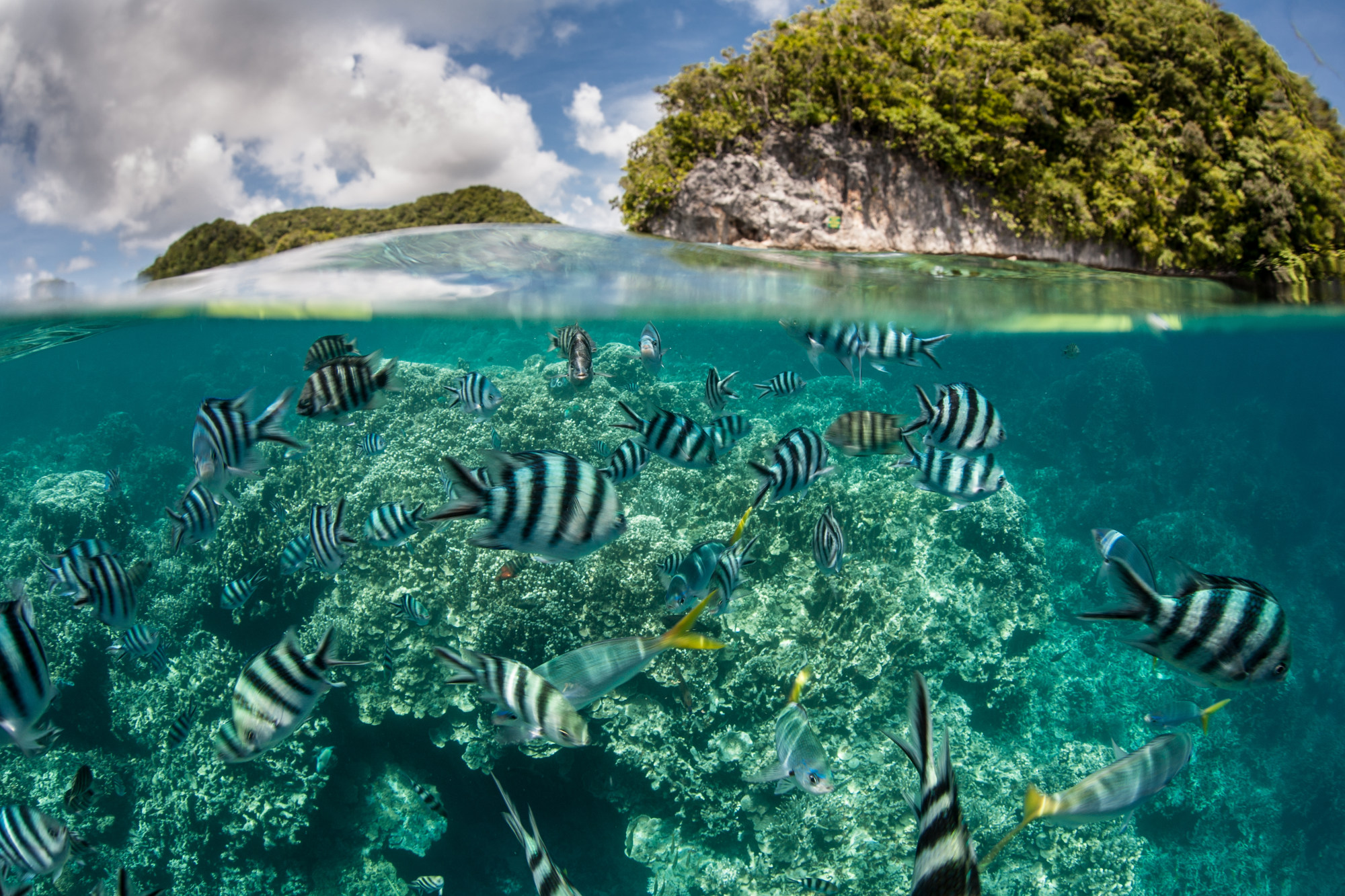That strategy arguably descends from the Compact of Free Association (Cofa), a pact that for decades has steered US ties with the Marshall Islands, Micronesia and Palau.
Amid growing fears of what some have called Beijing’s coercive influence campaign in the Indo-Pacific region, the agreement is seen as indispensable to Washington’s efforts to maintain its presence in the region, a place where US Secretary of State Antony Blinken once said “our planet’s future will be written”.
The Cofa pact, first signed in 1986, grants the US military access to the land, air and sea of the three Pacific island nations in exchange for financial aid and a legal basis for their citizens to live, work and go to school in the states.
New deals were negotiated and renewed last year, and Biden has pledged to the three countries US$7.1 billion over 20 years.
‘What’s next’ as China’s Pacific island diplomatic wins mount?
‘What’s next’ as China’s Pacific island diplomatic wins mount?
Bipartisan support for the new terms had appeared strong, but the promised funds still await congressional approval. For months, American lawmakers have bickered over federal spending.

Furthermore, the Cofa pact made it possible for the US to conduct military exercises in Micronesia, the letter added.
While the Pacific leaders called the funding delay understandable, they said “it has generated uncertainty among our peoples”.
“As much [as] they identify with and appreciate the United States, which formerly governed our islands, this has resulted in undesirable opportunities for economic exploitation by competitive political actors active in the Pacific”, they said of public unease and hinting at Beijing’s lobbying in the region.
The economies of the three island nations heavily depend on American subsidies, which account for roughly 40 per cent of Micronesia’s annual revenue. For the Marshall Islands, US funding makes up about 70 per cent of its GDP.
‘Nations can look elsewhere’: Micronesia ex-leader urges US to keep funds pledge
‘Nations can look elsewhere’: Micronesia ex-leader urges US to keep funds pledge
Most countries, including the US, do not recognise Taiwan as an independent state, but Washington is opposed to any attempt to take the self-governed island by force and is committed to supplying it with weapons.
“Palau is stuck. If the funding isn’t approved and quickly, Palau may have to make cuts, including to pensions, as well as borrow, leaving it even more vulnerable to internal instability and outside influence,” wrote Cleo Paskal of the Foundation for Defence of Democracies, a Washington think tank, in a recent op-ed.
The US was on the “brink of a making a massive strategic blunder if it fails to continue funding a little-known but critically important agreement”, added Charles Edel and Kathryn Paik of the Centre for Strategic and International Studies, another Washington think tank, in a separate write-up last month.
Calling the delay a “self-inflicted wound” allowed by Congress, Marshall said a failure to fund Cofa would “result in crippling our ability to project power, defend allies, and protect the homeland, as well as betray a group of people we have long considered part of our family”.

